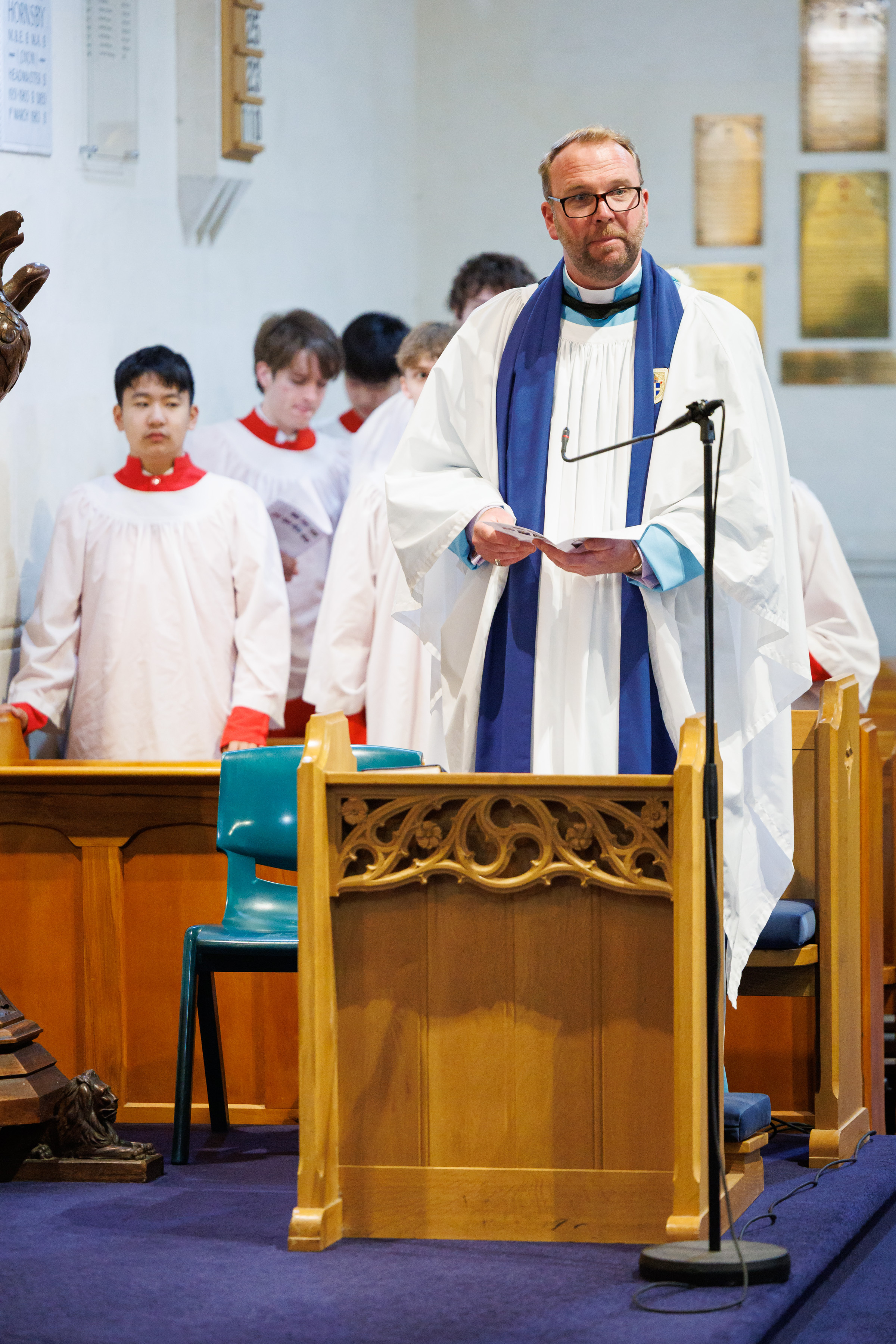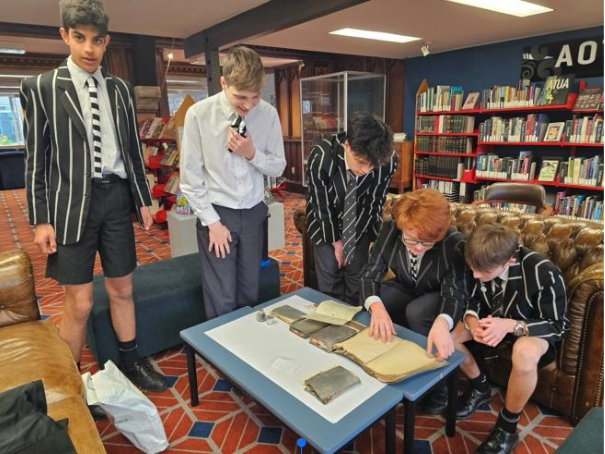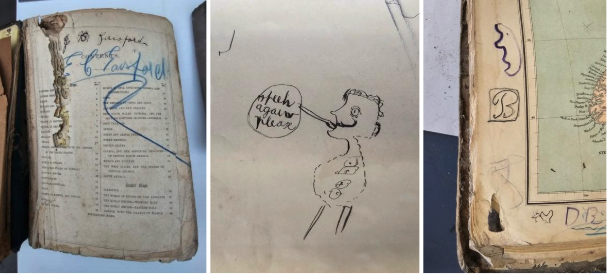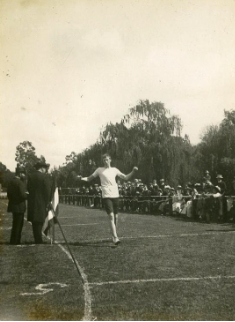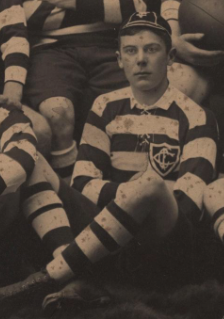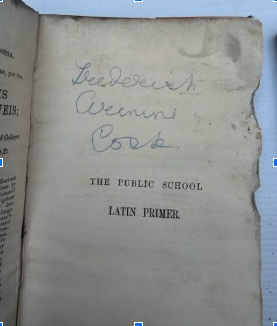The importance of debate
There is an old whakataukī: ‘Ko te kai a te rangatira he kōrero’ – Discussion is the food of chiefs. When I reflect on this proverb, it speaks to me about the importance of debate, discussion, and discourse in our schools, and how vital these are if we are to truly develop well-rounded, intelligent thinkers.
Earlier this year, I had several conversations with members of our community who expressed concern that certain topics, perhaps considered controversial, were being debated and discussed at College. They felt that some subjects simply should not be up for discussion.
I disagree. One of the most important things we can do as a school is to confront challenging and thought-provoking issues. I hold a strong conviction that our boys must have opportunities to think for themselves, to hear and understand counter-arguments, and to wrestle with the complexity of ideas that we, as adults, sometimes take for granted as self-evident.
Yes, debates and discussions require teachers to set clear parameters, but having a differing opinion from a classmate should not, in itself, be seen as offensive. And even if a viewpoint is offensive, that alone does not mean it should not be discussed.
As a proud educational institution, we must uphold the integrity of academic discourse and robust debate in our classrooms. To do otherwise would be an abdication of our responsibilities as educators and a disservice to our boys as they prepare to enter an increasingly global and interconnected world.
Christ’s College should be a place where students develop a sense of who they are and where they stand in relation to the world. It must also be a place where they challenge their assumptions and learn about the diversity of opinions and perspectives that exist beyond their own.
Through rigorous and structured debate, our boys learn to craft persuasive arguments, appreciate the importance and veracity of evidence, and build the confidence to take a stand on any given issue. Entering into academic debate demands both critical and creative thinking skills that are highly valued in every modern organisation. Most importantly, it requires a genuine engagement with alternative views, which is essential to strengthening one’s own understanding and convictions.
I will be the first to concede that, at times, this will be confronting for some. However, the last thing we want to do is wrap our students up in intellectual bubble wrap. We all need to be challenged on our views and opinions, myself included.
Read on